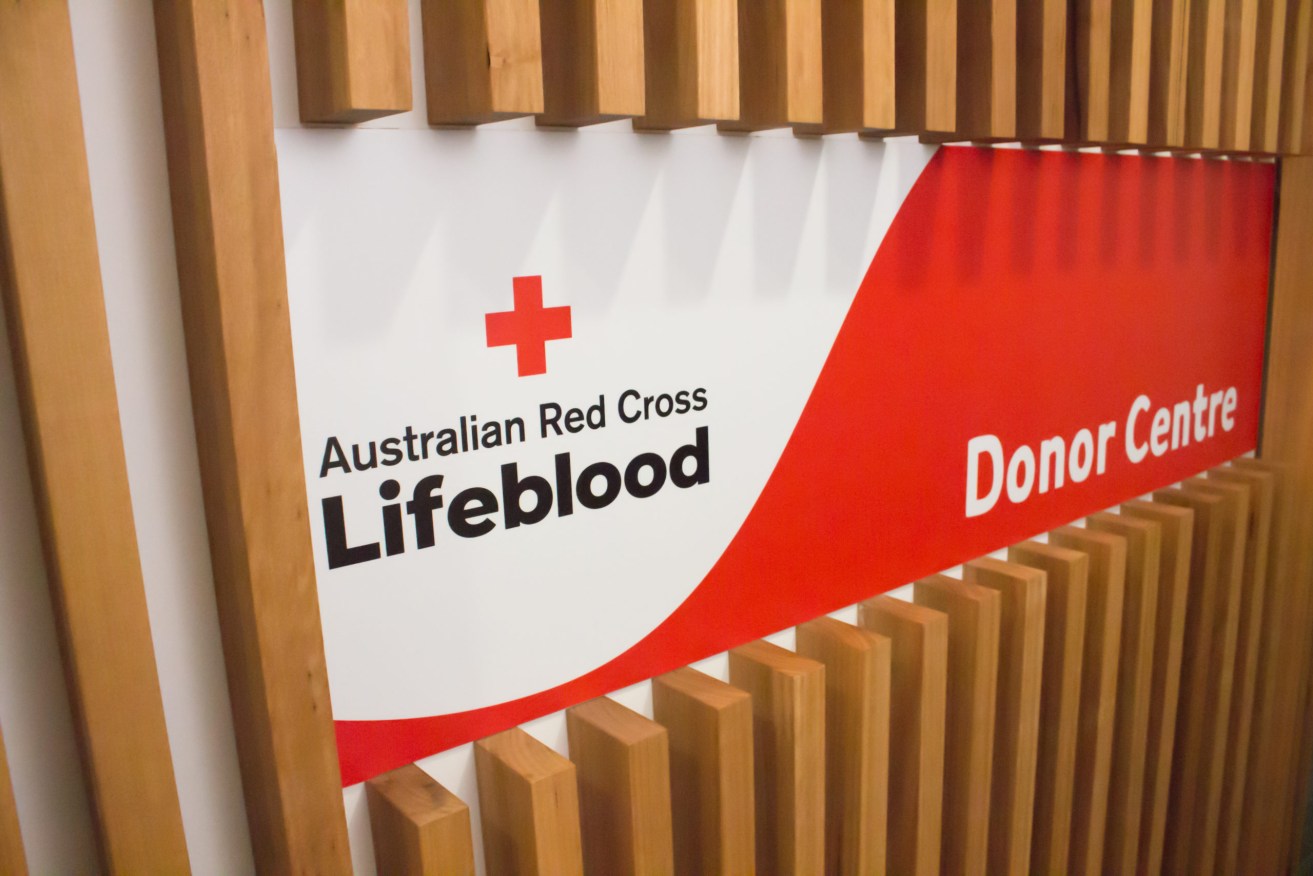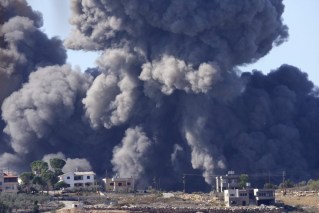Call to arms: Why Covid lockdowns are driving new blood donations
Globe-trotting executives once restricted from donating blood are being primed to roll up their sleeves and boost the nation’s critically low supplies.


Australians are being encouraged to donate blood and plasma. (AAP Image/Red Cross)
The campaign was started on LinkedIn to raise awareness of Australia’s vulnerable blood stocks, pricking the interest of corporate leaders keen to enlist their staff in the cause to save lives.
Leading the charge are the chiefs of several agribusinesses, whose global travel schedule would once have restricted them from donating blood.
Medical guidelines stipulate that those travelling overseas have to wait 16 weeks before donating blood in Australia, a protocol that virtually precluded busy jet-setting executives.
With Covid keeping overseas business travellers grounded, the co-founders of the grassroots campaign are finding a rich and willing vein to tap.
“When the international borders closed, all of a sudden we had tens of thousands of people available, who had previously never thought about donating blood because it just wasn’t on their radar,” says Dalene Wray, managing director of Queensland beef business, OBE Organic.
“We’re now gaining interest from people in influential positions, who are in turn cascading their passion for the project to their staff. We’re starting to build some momentum, but there’s still a long way to go.”
But it’s not only the high-flyers making a difference.
Donating blood is classified as an essential service, making it the ideal opportunity for people to escape their homes for respite during prolonged and severe lockdowns.
It’s been calculated that Australia needs a blood donation every five seconds to keep pace with demand.
Statistics from Australian Red Cross Lifeblood (the old Blood Bank that underwent a branding re-fresh in 2019) indicates only one in 30 Australians will donate blood for the one in three Australians who will on average need to call on the supplies during an emergency or routine medical procedure in their lifetime.
Thirty-four per cent of all donated blood is used by people who are undergoing cancer treatment. Blood, plasma and platelet transfusions are all vital for patients in their recovery from cancer.
Shortages of blood plasma, generally related to higher demand, are even more acute, causing medical services to resort to imported supply.
New blood
Dividing her time between OBE Organic’s Fortitude Valley office in Brisbane and her family’s properties near Birdsville, Wray is drumming up new recruits in tandem with Adam Pearce, the Queensland director of Export Finance Australia.
Together, the campaign’s co-founders are working their professional contacts through the power of social media in a pledge to #save1000lives by December 31.
“We’re only about a third of the way there,” says Pearce.
“We need 334 blood donations this year to reach our goal. Then we want to maintain it for the following year and grow from there.”
Wray says interest has been particularly strong from her friends and industry colleagues in the bush, illustrating the high priority rural people place on health and accessing better medical services.
So far, the campaign has support from Stockyard Beef, The Casino Food Co-op, Austrade, Endeavour Meats and BSM Global, a meat export logistics software business.
Donations have also been made by representatives of Coopers Brewery, Bega Cheese and Ausqual.
Farm Safety Week
A further spotlight will be trained on the rural health sector from today, with the launch of national Farm Safety Week, highlighting the fact farming remains Australia’s second most dangerous occupation below long-haul truck driving.
Farmsafe Australia chair Charles Armstrong said the number of farm related fatalities had not shifted dramatically in a decade.
“There has never been a more important time to discuss how we can make Australian farms a safer place to live and work,” he said.
How to get involved in #save1000lives
- Find out if you are eligible to donate blood here
- Create an account here
- Join the #save1000lives Lifebood team here
- Find your nearest blood donor centre and book in your appointment (you can do this online)








